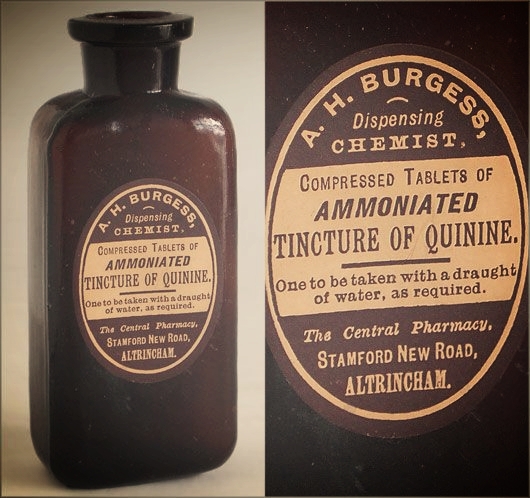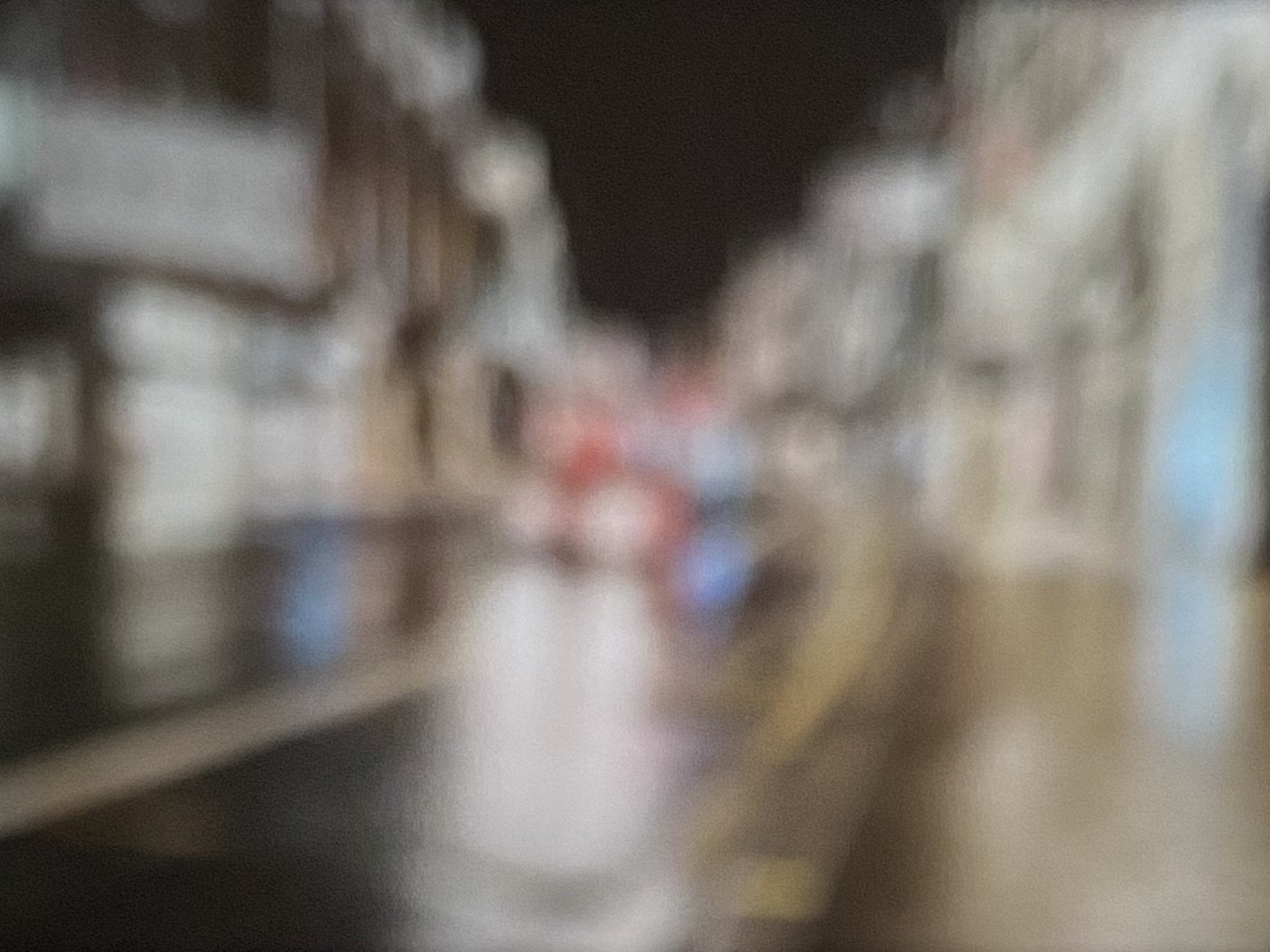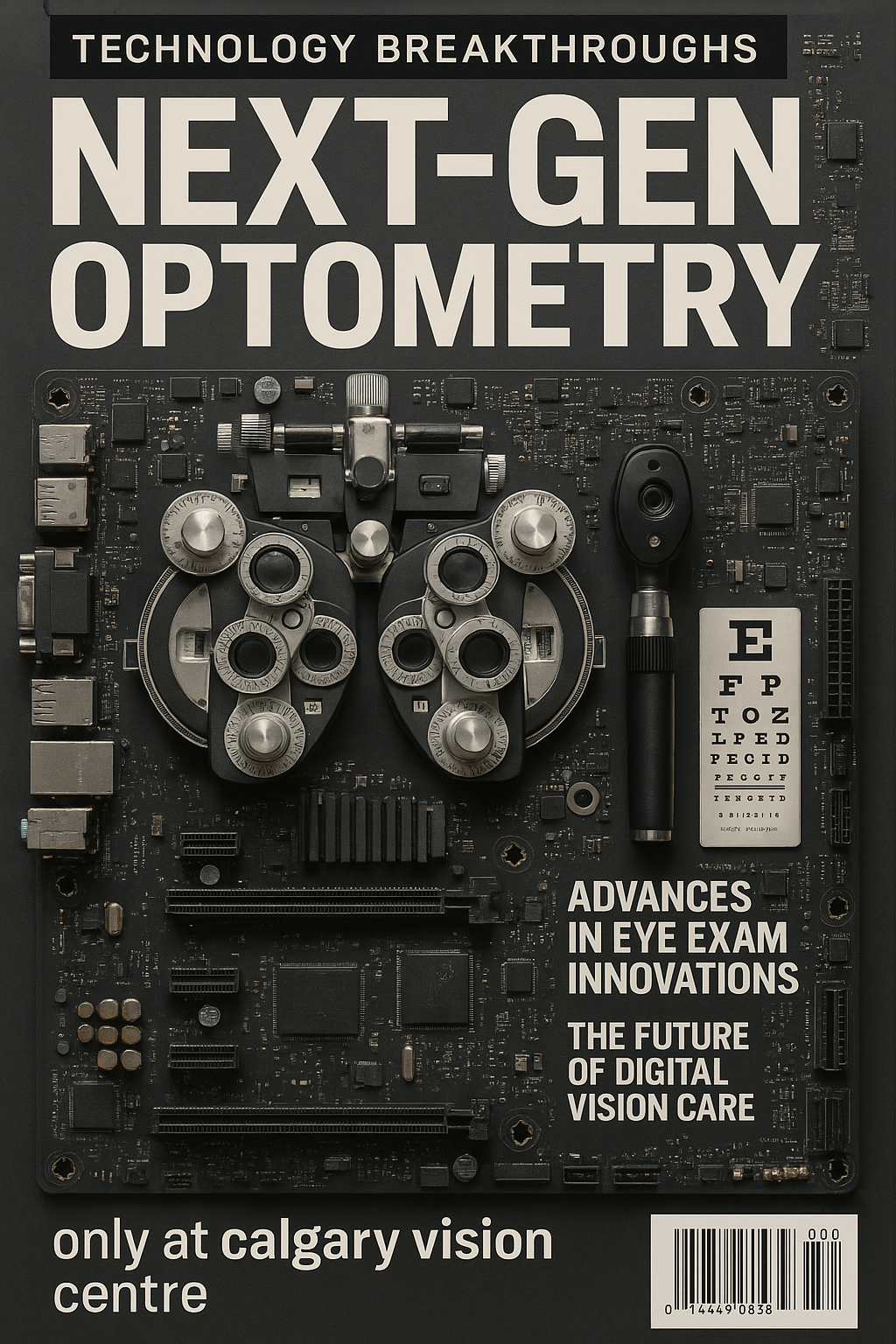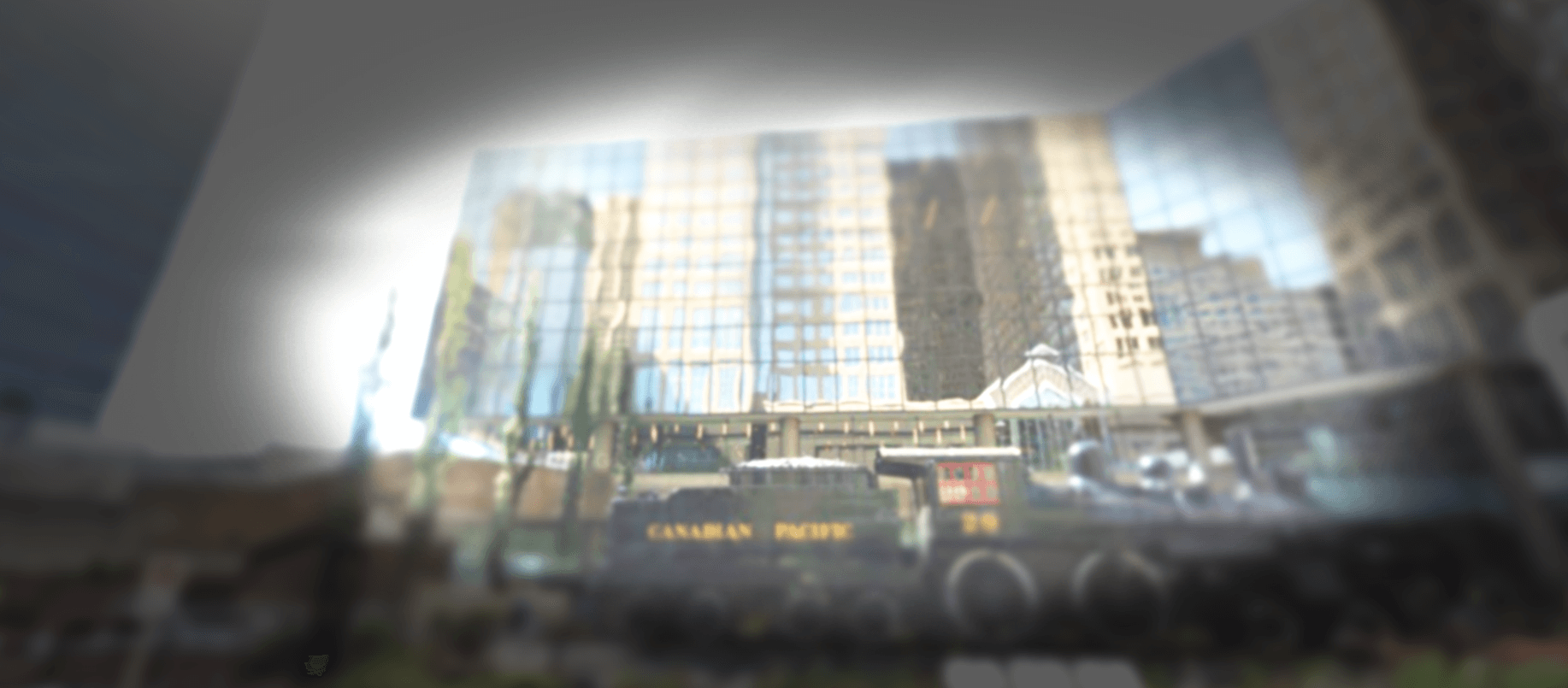Blog
Dr. Robert Burke is an optometrist and co-founder of Calgary Vision Centre, known for pushing the boundaries of what’s possible in eye care. With over 17 years of experience, he brings an unrivaled level of curiosity to the intersection of optics, physics, math, and human vision. His work blends cutting-edge technology with a drive to rethink traditional approaches to eye health. This blog is where some of those big questions and the fascinating deep dives they spark, come to life.

Eyelid Twitching Explained: The Weird, Benign Nerve Zap You’re Experiencing (And How to Stop It)
Ever notice how your eyelid seems to throw its own secret Morse code—one that only you can see, even if everyone else is blissfully unaware? Click here to join us on a quirky journey into the strange world of eyelid myokymia, where we break down the science behind those baffling twitches.

A cool trick to show people how bad your eyesight is
It can be challenging to demonstrate to someone how you actually see without your glasses. You can’t just give them your glasses to try on since their eye will automatically try to clear them up (and possibly kick start a headache). But it turns out pretty much every smartphone has built in feature that does an excellent job in truly capturing how bad you see when your glasses are off.

Which animal can see the best, an eagle or a hawk?
Can an eagle see better than a hawk? How about an owl? And how much better can each see than the average human?

How to Find the Best Optometrist in Your Area (Including Calgary)
Are you frustrated by flashy online reviews and confusing tech jargon when trying to choose an optometrist? Our blog breaks it down for you—revealing how true expertise comes from thousands of hours of practice with essential tools like OCT scanners, and what to look for when choosing an optometrist in your area of the world.

The Longest Sightline on Earth
There is an old joke about people living out in the prairies being able to watch their dog run away for days. Well if this is true (it isn't), then people living near the longest sightline on earth would be able to watch their dog run away for years.

Do Pinhole Glasses work?
Pinhole glasses operate on an optics principle that has been known for centuries. By decreasing the aperture size, the depth of field increases (i.e. the distance between the maximum and the minimum an object appears clear). It's the same reason people squint when they try to see better. So glasses based on this principle do work, but there are some drawbacks that keep them from being replacements to regular glasses, although in desperate situations they can be very handy.

Wait, does that mean I'm farsighted or nearsighted?
Why do nearsighted people hold things very close to read? Why do farsighted people complain of eyestrain? Why do people need reading glasses as the get older?

Why Can't Humans See Reddish-Green?
Of all the things you've seen in your life, I promise you none of them were of the reddish-green colour. Nor were any of them of the blueish-yellow hue. Some scientists refer to these two colours as the forbidden colours. But why cant we see them?

The Zombie Parasite
Every so often I come across a patient who has vision loss as the result of a parasitic infection. The parasite in question is usually Toxoplasmosis gondii, and it can cause significant damage to the human retina. But that may not even be the most terrifying trait of the parasite that is nicknamed "The Zombie Parasite".

It is a really bad idea to look at the solar eclipse with whatever method you are trying to rig up.
The sun is so incredibly bright, that to safely view it, one would have to stack up at least 8 pairs (or more) of high-end sunglasses to meet the threshold deemed safe for the eyes. With the total solar eclipse crossing North America this year, now is a good time for a little reminder. NEVER LOOK DIRECTLY AT THE SUN.

4 out of 5 people who are blind don't need to be
Clean your furnace air ducts. Get teeth cleaned twice. Get approximately 10 haircuts. These are things that come at a modest annual expense that many of us do every year. Why? Because maintenance is a good form of prevention. So why then does the average person go 4 years between eye checkups?

Dont sit so close to the TV?
We've all been told to avoid it, but is sitting too close to the TV actually bad for the eyes?

The great carrot myth
Fairly regularly at the end of an eye exam, a patient will say "Or maybe I should just eat more carrots?". I usually force a half-hearted laugh and a tepid agreement before explaining that Kale is actually what they should be consuming, and a little look back into life in WW2 Britain would explain where the carrot myth began.

JS Bach, a quack and Cataracts.
In 1750, legendary composer Johann Sebastian Bach was losing his eyesight. At the same time, a self-styled "healer" was "curing blindness" in flamboyant displays in town squares across Europe, to the delight of roaring crowds. They would eventually meet. What could go wrong?

